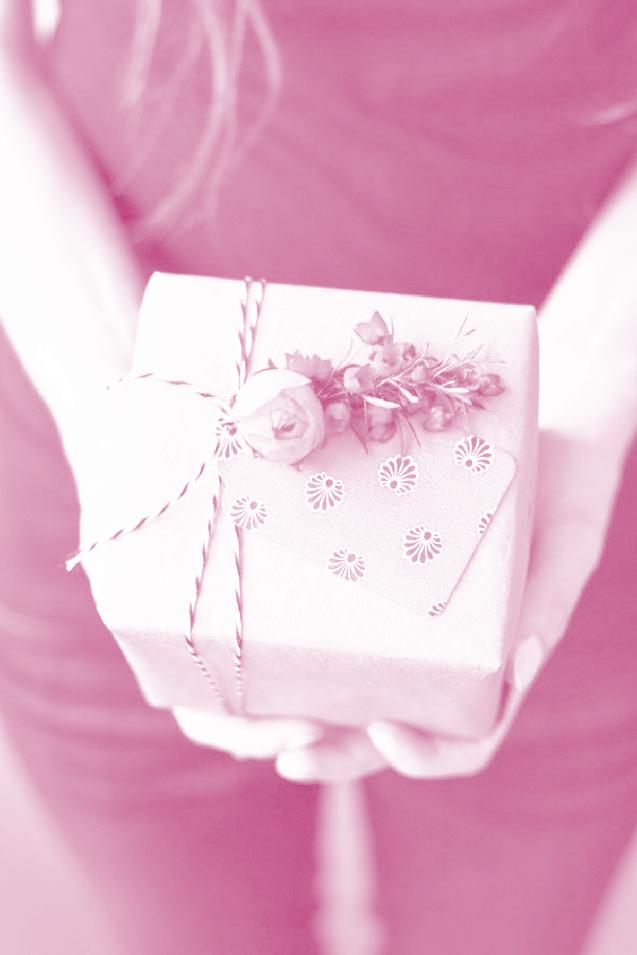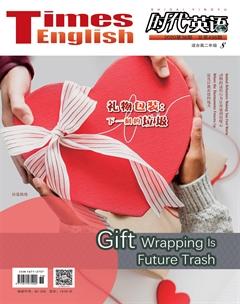Gift Wrapping Is Future Trash 礼物包装:下一刻的垃圾



You never know if your loved ones are going to like what you bought them for the holidays. But one thing you can count on? A huge pile of paper trash, the detritus from unwrapping presents.
Americans spend more than $8 billion dollars a year on wrapping paper, according to a report. And people toss millions of pounds of that precious paper in the garbage.
The truth is, its not that easy to recycle. Metallic or shiny wrapping papers cant be recycled. Neither can bows or ribbons. And tissue paper doesnt have long enough fibers for recycling. One municipal recycler suggests composting tissue instead.
Though people are spending a lot of money on wrapping paper and ribbons today, it is predicted that people will be buying more decorative boxes and bags in the future—a more sustainable choice, because those items can be used year after year. Wrapping gifts in fabric—a Japanese tradition—is also growing in popularity.
A study in the Journal of Consumer Psychology found that people were happier with their gifts when they got to unwrap them. So when you wrap presents for your friends next time, remember to choose recyclable wrapping paper or reusable decorative bags.
你永遠不知道你爱的人是否会喜欢你为他们买的节日礼物。但有一样东西他们肯定不喜欢,那就是拆开礼物后的一大堆废纸和碎屑。
根据一份报告,美国人每年在包装纸上的花费超过80亿美元。而且数百万磅珍贵的包装纸被人们扔进垃圾箱。
事实上,包装纸回收并没有那么容易。金属或闪亮的包装纸不能回收。蝴蝶结和丝带也不能。而棉纸的纤维不够长,也无法回收。一位市政回收者建议用堆肥纸代替。
目前,人们在包装纸和丝带上花了很多钱,但据预测,未来人们将会购买更多的装饰盒和礼品袋——这是一种更加可持续的选择,因为这些东西可以年复一年地使用。用织物包装礼物是日本人的一个传统,如今这种包装方式越来越受欢迎。
《消费者心理学杂志》的一项研究发现,人们在打开礼物包装时,他们对自己的礼物更满意。因此,下一次你为朋友包装礼物的时候,记得选用可回收的包装纸或可重复使用的礼品袋。
detritus /d?'tra?t?s/ n. 垃圾;废物
precious /'pre??s/ adj. 宝贵的;珍贵的
municipal /mju?'n?s?pl/ adj. 市政的;地方政府的
compost /'k?mp?st/ v. 把……制成堆肥
sustainable /s?'ste?n?bl/ adj. 可持续的
fabric /'f?br?k/ n. 织物;布料

